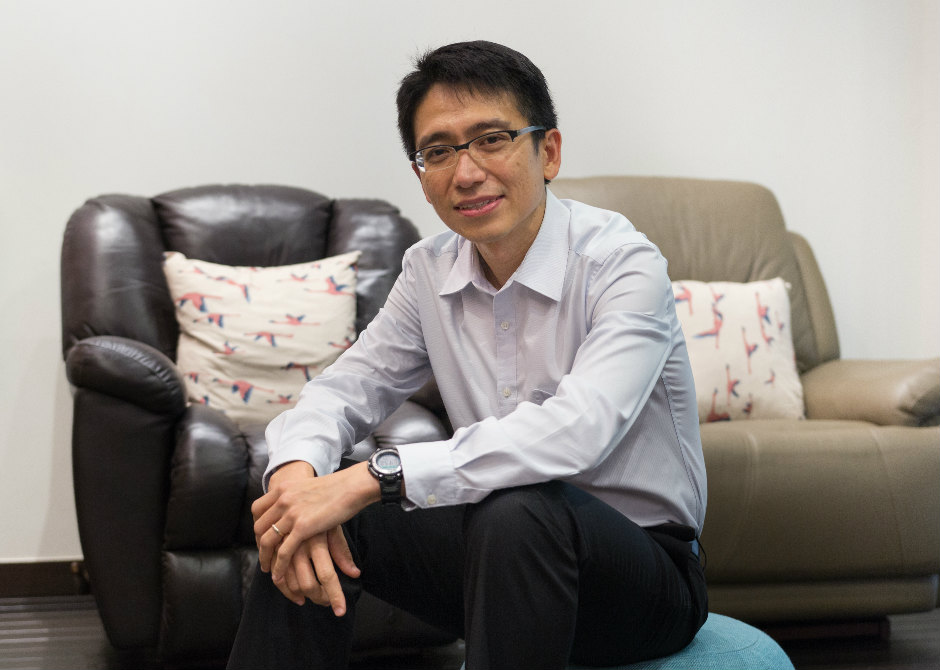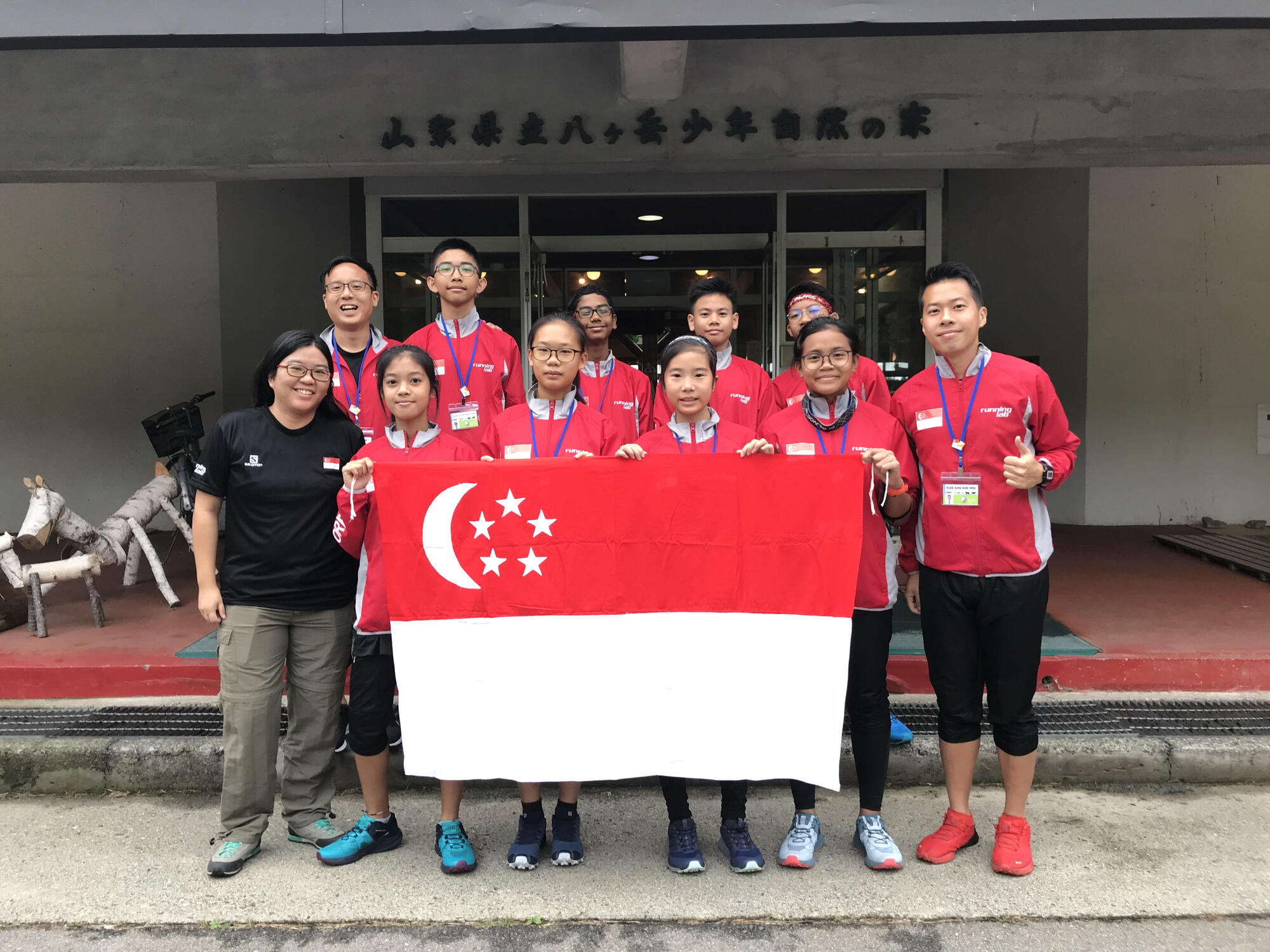Mdm Tang Li Tang, Teck Whye Secondary School, Outstanding Youth in Education Award 2018 finalist
Making leaders out of students
Are leaders born or made? If this question was posed to me twenty years ago, my answer would have been: leaders are born. In school, I was always a follower, but that did not bother me as I felt I was not cut out to be a leader. I was shy and soft-spoken and I believed that all leaders should be outgoing and socially confident.
Today, my answer to this question has changed. Leaders are made. Everyone can be a leader given the right experiences and coaching, and through observation and learning. My journey as a teacher has convinced me to reach this conclusion.
Six years ago, when I was starting out as a teacher, I oversaw the development of student leadership in my school. This involved recruiting student councillors and training them to be effective and confident leaders. It dawned on me during the recruitment process that I was not looking for students who were confident or had good leadership qualities. Instead, I was looking for those with good character – I hoped that the student councillors would be good role models for their peers.
A few of the students I recruited did not want to be student councillors. They felt compelled to attend the recruitment drive because their form teachers nominated them. When I probed further, they explained that they were introverts and were uncomfortable in leading others. I won them over by giving them examples of famous leaders who were introverts.
I observed their initial awkwardness as they stepped into their new roles. They made no eye contact when they addressed their peers. Some even stammered when they spoke. Nonetheless, their self-confidence grew after I coached them and provided opportunities for them to be involved in various school events, such as the Secondary 1 Orientation Camp. Feedback was given to guide them on speaking with clarity and confidence.
Besides timely feedback, I also led councillors in one-to-one review on the development of their leadership skills. Training sessions were also conducted for them once every fortnight.
Over time, my councillors were able to maintain composure under stress. When faced with challenges, they would take the initiative to resolve them first, before seeking help. It was heartening to watch them develop their leadership skills and gain self-confidence.
On the last night of the Secondary 1 Orientation Programme in 2014, I received a text message from a student who had almost refused the student councillor role. He thanked me for recruiting him and giving him a memorable leadership experience.
Grooming the young to be agents of social change
To provide opportunities for every student to develop leadership competencies, I set out to customise and design a programme based on the Social Change Model of Leadership Development. This model is chosen as it is aligned with the school’s vision to lead, serve, and achieve. I wanted students to understand that leadership is about building self-confidence while being able to influence others towards a shared purpose.
With my school’s support, a school-wide programme beginning with a three-day leadership workshop for all lower secondary students was implemented. Students were taught how to understand themselves and to collaborate with others.
Upper secondary students initiated their own Values-in-Action (VIA) projects in the next stage of the leadership programme. This way, students will collaborate with the community to complete their project and apply the leadership values they have acquired at lower secondary level.
Students who were usually quieter in class started initiating new ideas when the class decided to raise funds for the Children’s Cancer Foundation as part of their VIA projects.
Resilience in full bloom
Building resilience is also integral in moulding our students to become confident leaders. Accounts of working with students who are unmotivated to study or have anxiety issues during examination periods are common. As I had similar struggles as a student in the past, I could empathise and offer help. I hope to show them that they can achieve anything as long as they are consistent in their efforts and are hardworking.
As a Biology teacher, I have achieved this through the Orchid Hybridisation Programme, which I have implemented since 2010. Conducted in school and reinforced with visits to the Singapore Botanic Gardens and Orchid Farm, the programme develops students’ patience and determination as they explore the breeding and creation of new hybrids.
It is not easy to create a hybrid successfully. Orchid seedlings are prone to fungal contamination, and sometimes only one seedling out of the many planted would flourish. It also takes at least three years for orchids to bloom. Still, students have seen their efforts bear fruit as they have managed to create several new orchid varieties.
Building resilience and self-confidence in students cannot be achieved in one day. It requires patience and time but each small step we take will eventually get us there.



.jpg)


